All Blogs

BRAC runs large-scale development programmes in areas like health, education, microfinance, extreme poverty reduction and humanitarian relief, reaching over 100 million people in some of the world’s most climate-vulnerable countries. Our ecological footprint matters. Yet, this question misses the point of what BRAC’s most important role is. We are dedicated to fighting poverty. When it comes to climate action, our first priority is working with people living in poverty, supporting them to adapt to the climate crisis.
On the one hand, questions like this point to a positive shift – a long-delayed prioritisation of the climate crisis by the donor …
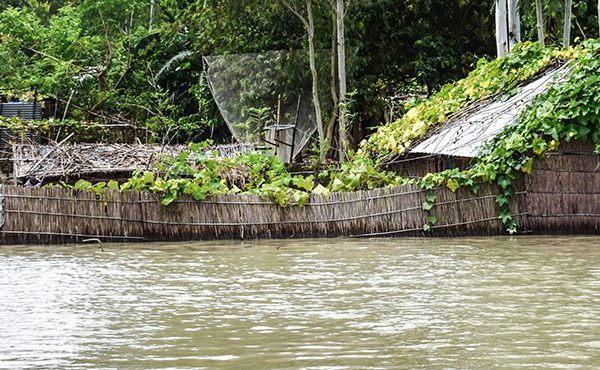
The relentless march of the climate crisis is continuing its devastating impact on lives and livelihoods worldwide. Bangladesh is a poignant example – it is the seventh most climate-vulnerable country in the world, and 2,000 people migrate to Dhaka every day already. This influx is equivalent to transplanting the city of San Francisco in the United States to Dhaka each year, placing immense strain on one of the world’s most densely-populated cities.
The palpable impact of the climate crisis affects health, forces people and communities to seek new ways to survive – and causes unprecedented displacement. Climate-induced migration has surged …
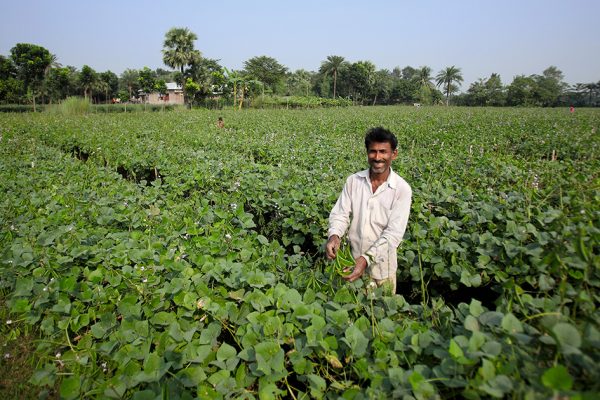
“Potato crops are like procrastinating students before exams – they do most of the work in the last week of their growth cycle.” muses Shakila Akter.
“Last year, I was a week away from harvesting my 0.1 acre of potatoes when a coldwave dawned early. I watched my plants shrivel and I could feel the shrinking harvest hidden under the soil waiting for me”.
Northwestern Bangladesh, where Shakila lives and farms, is known for extreme weather. The climate crisis is exacerbating the extremes, with winters rapidly getting colder and summer temperatures testing thermometers – and the heat tolerance of …

I went in search of the roof of my house. I found my neighbour’s dead body.
There were corpses everywhere – strewn across paddy fields, lying in ditches, trapped under fallen trees.
It was the day after Sidr in 2007, the deadliest cyclone to strike Bangladesh this century. I was in my village in Barguna, in remote southern Bangladesh.
I was still recovering from the previous night. We reached the cyclone shelter at 2am, after running for half an hour straight. The wind was so strong I thought one of us would be blown away.
The wind stopped for a …
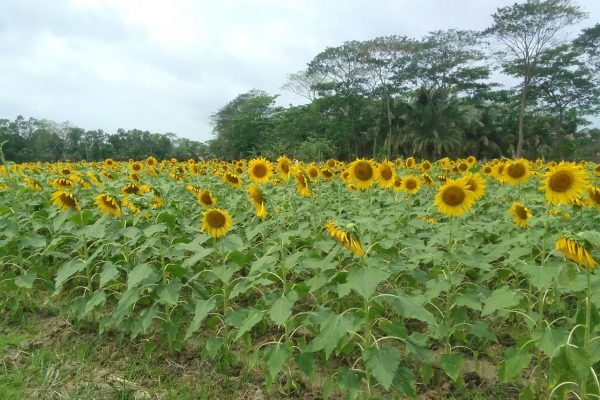
We have a new name for salt. We call it fire dust.
Why? Let me tell you.
I farm and live by the coast in Patuakhali, in a remote corner of southwest Bangladesh. Here, we used to have all six seasons, and they would play out the same, year after year, in all their glory – Grishmo (Summer), Borsha (Monsoon), Shorod (Autumn), Hemonto (Late Autumn), Sheet (Winter) and Boshonto (Spring).
Now we have just three seasons – a summer that sucks the life out of the land, a monsoon that brings punishing cyclones and floods and a dry …

On a crisp September morning 14 years ago, I climbed down the riverbank with my fishing net and stepped into the water like I did every day. The familiar burning and itching greeted my skin as I dipped into the murky water of the Pashur river in Mongla, southwestern Bangladesh.
The water was cleaner here even just two years ago, when I married my husband and moved to live with him here in his hometown – the tiny fishing village of Chilabazar. In the two years following the move, I gave birth to a son, and got used to
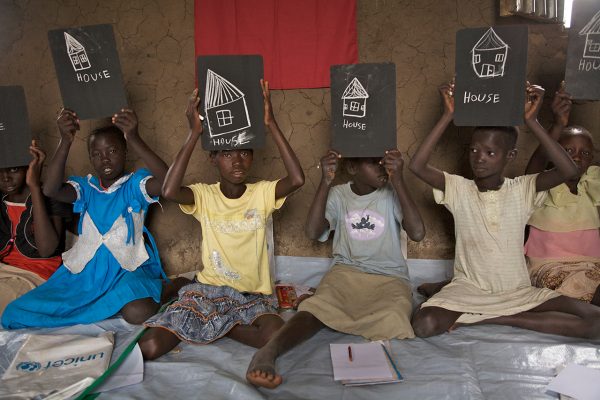
Over 142,000 people have fled to South Sudan since April 2023, adding to the 300,000 refugees and 2.3 million internally displaced people already living in the country. The UNHCR has declared South Sudan’s refugee crisis as the largest in Africa.
The world’s newest nation is ill-prepared to confront such a significant influx of people alone. Although large-scale conflicts have decreased following the peace agreement in 2018, South Sudan continues to grapple with a complex web of challenges, including ongoing violence and instability, exacerbated by the global economic downturn, the climate crisis, and the persisting Sudan conflict.
As more …

When Roksana Khatun was pulled from the wreckage of the Rana Plaza factory complex, she had no idea how she was alive. The 18-year-old seamstress had been trapped under twisted steel bars and concrete for nearly 72 hours. But then, as she lay in hospital, her relief turned to horror.
“The doctors told me they would have to cut off my right leg. I wished I had died under the rubble,” she said.
Blessed with a keen eye for design and patterns, Roksana had always loved making clothes. Born in a family of weavers and seamstresses, she knew that she …
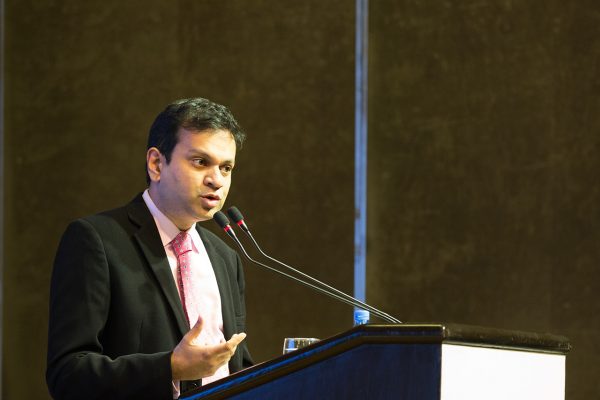
As Bangladesh has emerged as one of the fastest growing economies in the world, people’s expectations of civic services have kept pace. To match that expectation, we need to ensure public spending is returning the maximum benefit to citizens. A few key changes – inclusive design, looking for key pain points, adding a resilience lens to poverty programming, focusing on poverty pockets and investing in healthcare and investing in impact analysis – could help to ensure that the benefit of public investments gets to the people who need it the most:
Firstly, public projects must keep the people they …
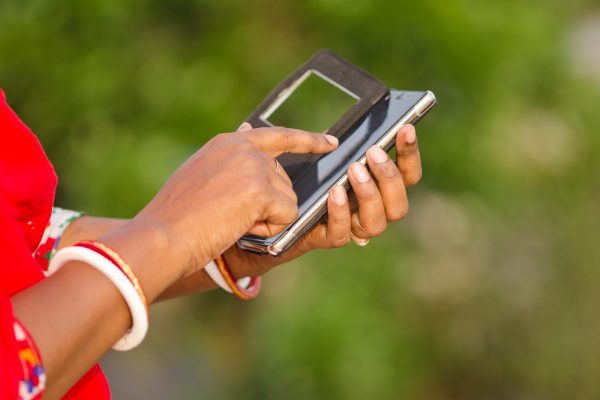
Azmira Khatun is a busy parent who lives in Rajshahi, northwestern Bangladesh. She takes her eight-year-old son to a local primary school every day, and manages all the household chores and finances. She was introduced to bKash, the most popular provider of mobile money in Bangladesh, when BRAC schools started requesting tuition fees via mobile money. She, like many other parents, did not use a lot of technology in her everyday life and was apprehensive about using it.
A training session from BRAC got the ball rolling, and Azmira was soon finding other ways in which mobile money could …
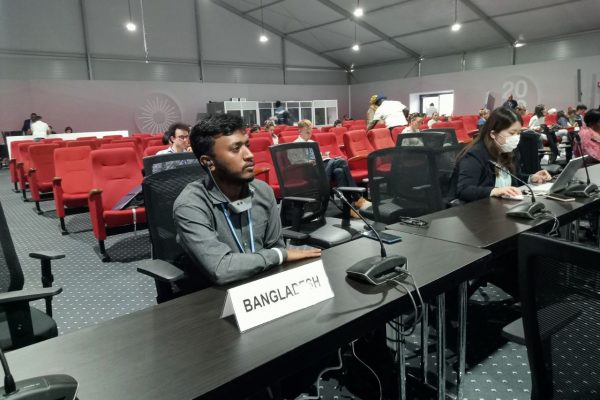
There’s a lot on the minds of young people in Bangladesh. For International Youth Day, we speak to one young person whose mind is on the climate. Imran Hossain’s father was killed by the climate crisis when he was just seven years old. It was during Cyclone Aila, and his father was swept away by a completely unexpected tidal surge. Bangladesh is already one of the most disaster-prone countries in the world, and global warming is making those disasters more severe and more frequent. A decade and a half on from Cyclone Aila, Imran now represents Bangladesh at global climate …
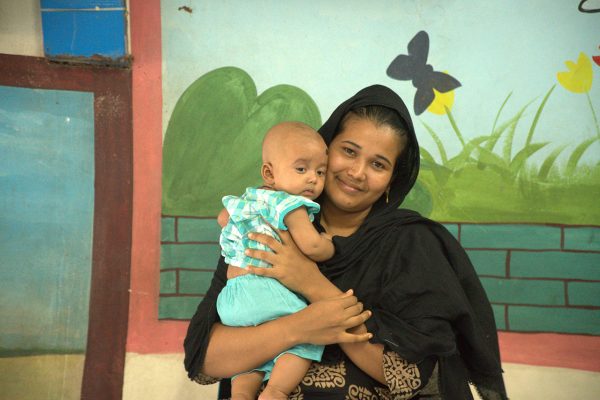
Shamima Akther has been working at a textile factory in Bangladesh since January 2018 as a Senior Quality Inspector. She welcomed her first child, Sami, into the world just 7 months ago. Shamima knew that a different set of challenges awaited her- as she would now have to care for her newborn while resuming her work at the factory.
During her pregnancy, she came across a Mothers’ Support Group in her factory, which is a group of health and welfare officers, human resource officers, paramedics, safety committee members, and participation committee members- all working in the factory. They are also …

